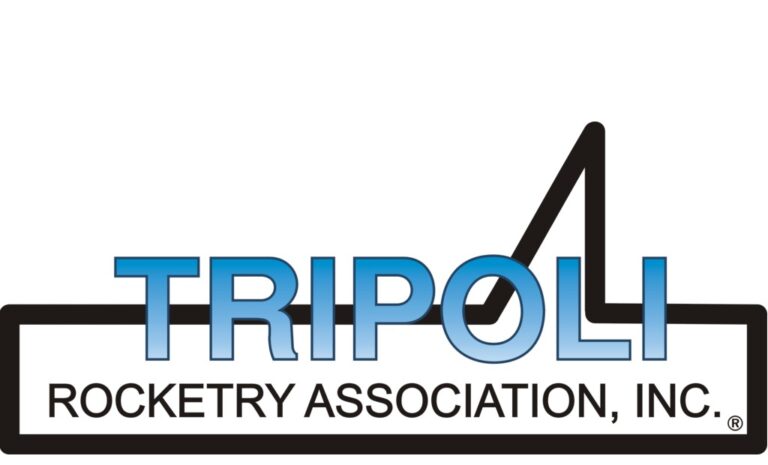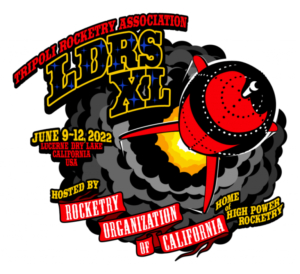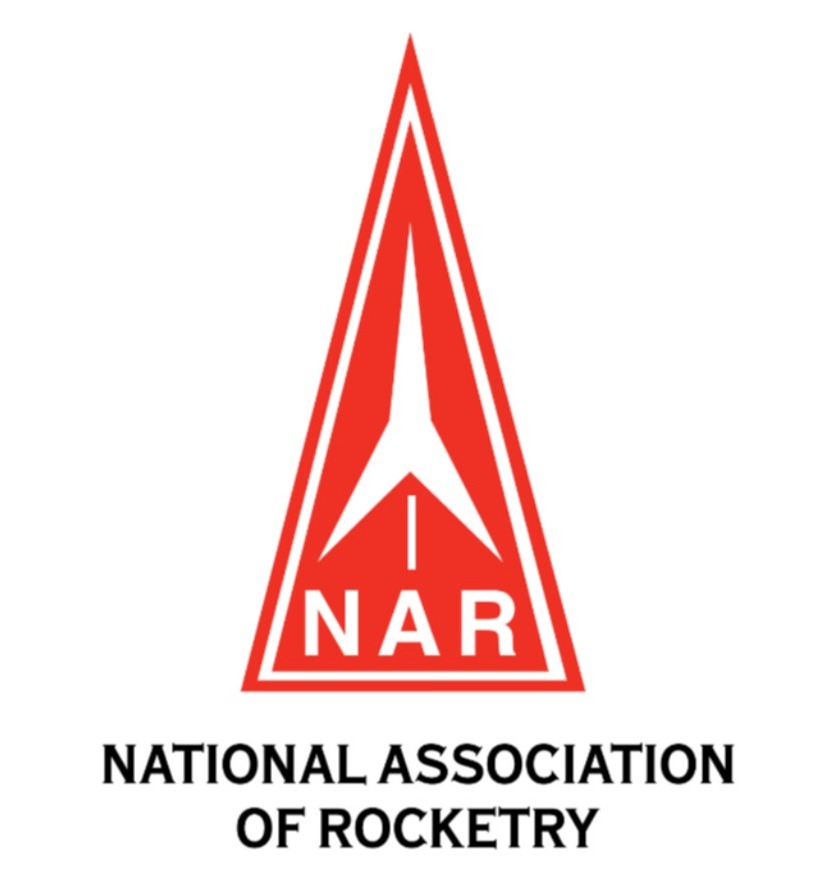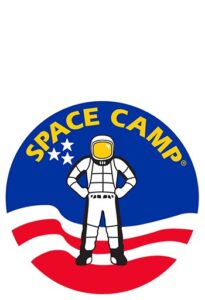Organizations & Events
Participating in a Cape Colorado Space Camp is only the beginning of what could potentially be a lifelong passion for amateur high-powered rocketry or a career in the Aerospace Industry.
There are many organizations that exist to promote amateur sport rocketry by providing products and services. The Cape Colorado program utilizes what are considered low power rockets. These are sold through retailers and hobby shops and may be recognized as manufactured by Estes Rockets or Quest. The next step would to be build and fly rockets that are considered Mid or High Powered. Companies such as Loc Precision, Mac Performance, Aerotech and many others produce rocket kits and motors necessary to participate in the arena of high-powered rocketry.
In order to participate in high-powered rocketry, an individual will need to achieve a certain level of certification. In the United States there are 3 levels of certification that are administered by the Tripoli Rocketry Association or the National Association of Rocketry. Each organization can provide certification of an individual through a written test and the flight of a rocket constructed by the applicant.
With each level of certification an individual can purchase rocket motors that increase in thrust and capabilities for a rocket design. Additionally it is necessary to fly high-powered rockets at venues that can support high powered launches. For this reason, to participate in high powered rocketry one must be a member of either Tripoli or the National Association of Rocketry local chapter or prefecture which has specific launch facilities to accommodate flights up 30,000 feet.




Tripoli is a non-profit organization dedicated to education, advancement, and safe operation of amateur high-power rocketry. Members are drawn from the United States and 22 countries across the globe.
The Tripoli Rocketry Association is made up of “Prefectures.” These are local groups geographically, that organize meetings, events and launches for the benefit of their members and those from other prefectures.
Tripoli organizes many rocket launches, both regional events hosted by local prefectures and larger international launches like LDRS (“Large Dangerous Rocket Ships”) and BALLS. They also provide insurance for organized launches, administer a member certification program for flying high power rockets, and perform testing and certification of commercial hobby rocket motors.
Tripoli has expanded internationally over the years, and currently has clubs in many different countries including Argentina, Australia, Canada, France, Germany, Ireland, Italy, Mexico, Netherlands, Spain, Sweden, Switzerland, and the United Kingdom.
The Tripoli Prefecture for Southwest Colorado is based in Durango and hosts monthly launches at their facility at the Old Fort Lewis College. Two other Prefectures exist in Colorado.
The LDRS (Large, Dangerous Rocket Ships) rocket event is an annual gathering of rocket enthusiasts organized by the Tripoli Rocketry Association (TRA), one of the largest amateur rocketry organizations in the United States. Traditionally, it has been THE national high power launch event which frequently draws attendees from all corners of the United States, as well as flyers from around the world. The 4 day event includes hundreds of flights from 300 Rocketeers and is an experience like no other.
The event is a platform for hobbyists to showcase and launch their custom-built rockets to altitudes in excess of 30,000 feet. The event is typically held over several days and at a different location each year rotating between the West Coast, Midwest and East Coast. The event’s highlight is, of course, the rocket launches, where rockets of various sizes ranging from a few inches to over 20 feet take flight.
NAR is a non-profit tax-exempt scientific organization dedicated to consumer safety, youth education, and the advancement of technology in the hobby of spacemodeling (sport rocketry) in the United States. Founded in 1957, the NAR is the oldest and largest spacemodeling organization in the world with over 8,000 members and approximately 220 affiliated clubs across the U.S.
NAR supports all aspects of safe consumer sport rocket flying, from small model rockets with youth groups to very large high power rockets with serious adult hobbyists. It is a recognized national authority for safety certification of consumer rocket motors and user certification of high- power rocket fliers in the U.S.
Partnered with the Aerospace Industries Association in an effort to build youth interest in aerospace careers, it co-sponsors the world’s largest rocket contest, the Team America Rocketry Challenge, which has attracted over 5,000 7th through 12th graders to enter in teams from across the U.S. each year since 2002. The NAR also operates the annual rocket launch for the NASA Student Launch Program where 50 high school and university student teams fly large complex high power rockets and scientific payloads that they have designed and built.
Individuals from the United States and more than 70 countries participate in multi day programs offered by the U.S. Space & Rocket Center in Hunstville Alabama. Trainees learn space and flight history, work together as teams, experience simulators, complete simulated space missions, and learn what it really means to be an astronaut.
The curriculum teaches STEM principles, leadership and teamwork, while encouraging fun and creativity. Program instruction is aligned to national science and math standards and framed with an exciting, immersive experience amidst a backdrop of mankind’s greatest technological achievements in space hardware. Space Camp has inspired and nurtured the dreams of trainees, leading many to pursue careers in STEM fields. 96% of Space Camp graduates say their Camp experience increased their interest in STEM topics, while 61% of graduates are currently in or studying careers in aerospace, defense, energy, education, biotech or technology.
Space Camp has ten graduates who have become astronauts working with the National Aeronautics and Space Administration (NASA), European Space Agency (ESA), or in commercial space industry, plus two cosmonauts with the Roscosmos State Corporation for Space Activities.
